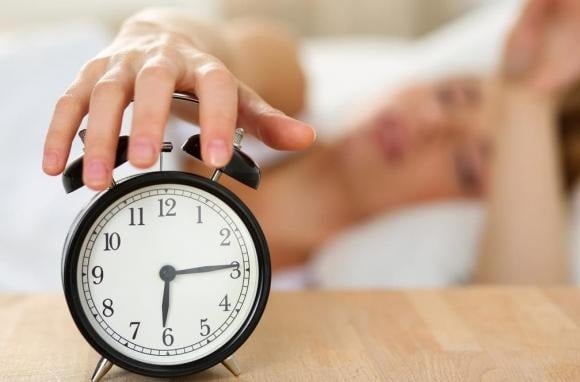For early risers, there’s something special about witnessing the quiet stillness of a new day while breathing in the fresh morning air. On the other hand, some of us prefer to linger in bed until the very last minute before hastily starting our day. So, what is the ideal time to wake up and embrace the new day?
There are those who swear by a 5 am wake-up call, believing it sharpens their mental focus and even prolongs their lifespan. In contrast, others advocate for 7 am, arguing that this allows for sufficient rest and leaves them feeling energized. However, scientific research suggests that the sweet spot for waking up lies not at either of these extremes but somewhere in between.
This is especially true for middle-aged and older adults, as the choice of wake-up time can directly impact their cardiovascular and neurological health.
Why Does Wake-Up Time Matter?
The human body’s circadian rhythm, or daily cycle, is intricately linked to sunlight. This cycle influences our wake-up time, mental state, and daily physiological processes.
Upon waking in the morning, our body is still in the process of “booting up,” requiring a transitional period to adapt. This is particularly crucial for middle-aged and older individuals, as their cardiovascular and endocrine systems are more sensitive than those of younger people.
Waking up too early or too late can have detrimental effects on one’s health. Research indicates that rising before 6 am may increase the risk of high blood pressure and heart rhythm disorders. Conversely, sleeping in too late messes with our body clock, leading to memory issues and poor sleep quality.

What’s the Ideal Wake-Up Time, Then?
Sleep experts recommend the sweet spot to be around 6:30 am to 7 am. At this time, our body is transitioning from deep sleep to light sleep, allowing for a natural and gentle awakening without the shock of an abrupt wake-up call. Waking up during this window also helps maintain stable blood pressure and reduces the risk of stroke, especially in older adults.
Aside from the wake-up time, our morning routine plays a significant role too. Instead of immediately reaching for your phone or diving into work, take a few minutes to relax, practice deep breathing, or gently stretch your body. This energizes and prepares you for a vibrant day ahead.

How to Adjust Your Wake-Up Time?
If you’re an early riser wanting to make a change, gradually adjust your wake-up time instead of making a sudden shift. Here’s how:
1. Slowly adjust your wake-up time: Each day, set your alarm 15 minutes later (e.g., from 5 am to 5:15 am to 5:30 am, and so on) until you reach the desired time frame of 6:30 am to 7 am.
2. Maintain a consistent sleep schedule: Keep your bedtime and wake-up time consistent every day to stabilize your body’s circadian rhythm.
3. Improve sleep quality: Create a conducive sleep environment—a quiet, dark, and comfortably cool room—to enhance your sleep quality.
By making these adjustments to your wake-up time, you’ll be on your way to improved health, enhanced alertness, and an overall better quality of life.





































